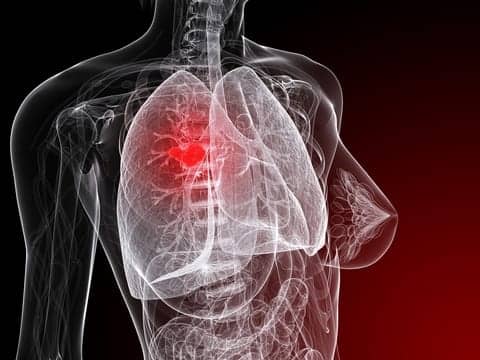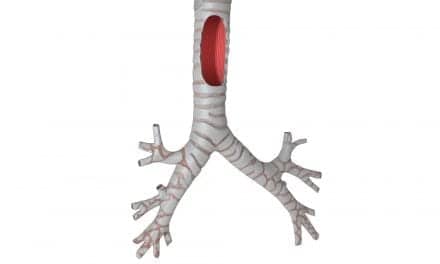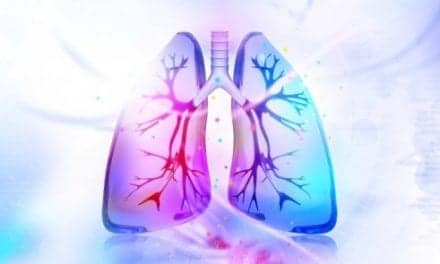In recognition of World Lung Cancer Day on August 1, the American Thoracic Society (ATS), alongside members of the Forum of International Respiratory Societies (FIRS), is launching a World Lung Cancer Day 2015: Honor, Unite, Inspire campaign.
The global campaign aims to raise awareness about lung cancer, its global impact and create an educational movement of understanding lung cancer risks, as well as early treatment across the world.
According to the World Health Organization, lung cancer is the most common cancer worldwide, accounting for 1.8 million new cases in 2012, and is responsible for nearly one in five cancer deaths. In fact, it claims more lives yearly than breast, colon and prostate cancers combined.
The campaign highlights the many risk factors to be aware of in order to detect lung cancer at the earliest stage possible. While most understand that smoking is the single greatest risk factor for lung cancer, other lesser known risk factors include environment and genetics. Environmental exposure to radon, asbestos, arsenic, beryllium and uranium have all been linked to lung cancer. The risk of lung cancer also increases with a history of cancer in another part of the body, age, family history, radiation to the chest area and lung diseases like COPD.
The initiative also aims to shed light on key symptoms and screening options. Symptoms include change in mucus, chest or back pain, coughing up blood and difficulty swallowing. Tests that may be used to diagnose lung cancer include chest X-rays, CT and PET scans, bronchoscopy, and needle biopsies. If you are a current or former smoker and over age 55, you may be a candidate for a low-dose CT scan screening that can offer early detection of lung cancer, potentially at its earliest stages.
“Treatment options for lung cancer have significantly advanced over the last few years and survival rates are increasing. We’re hopeful this international campaign will encourage people to gain awareness of their risks and increase early detection for the best possible outcomes,” said Dr Nils E. Billo, Director of FIRS.
More information is available at the ATS website here.










